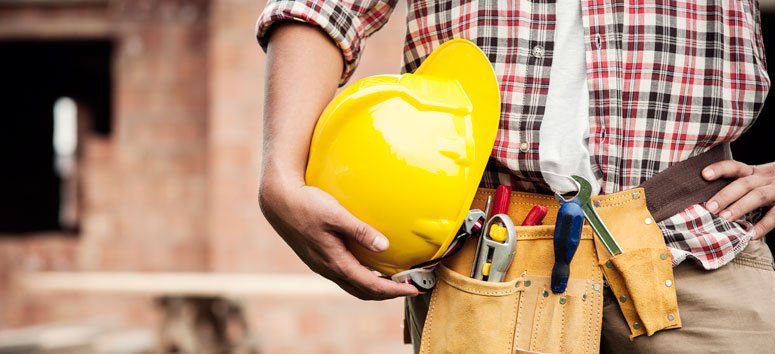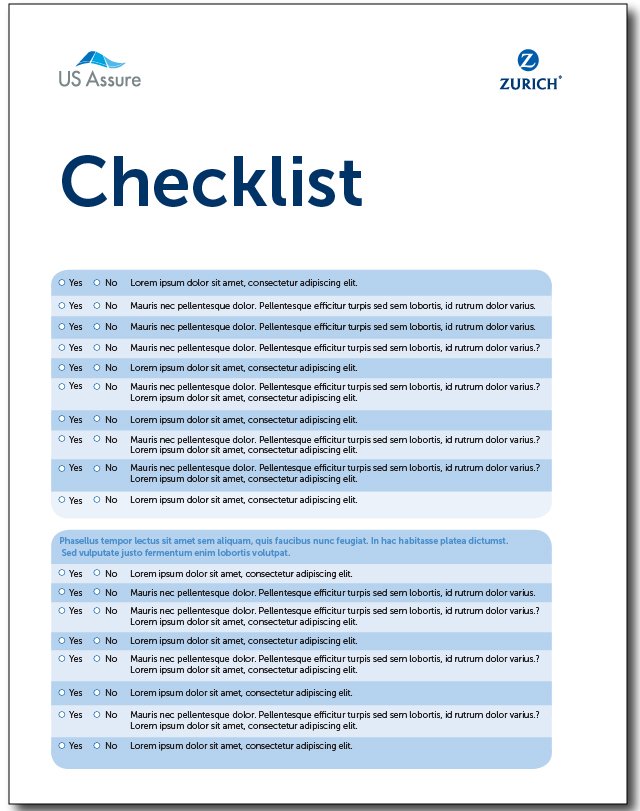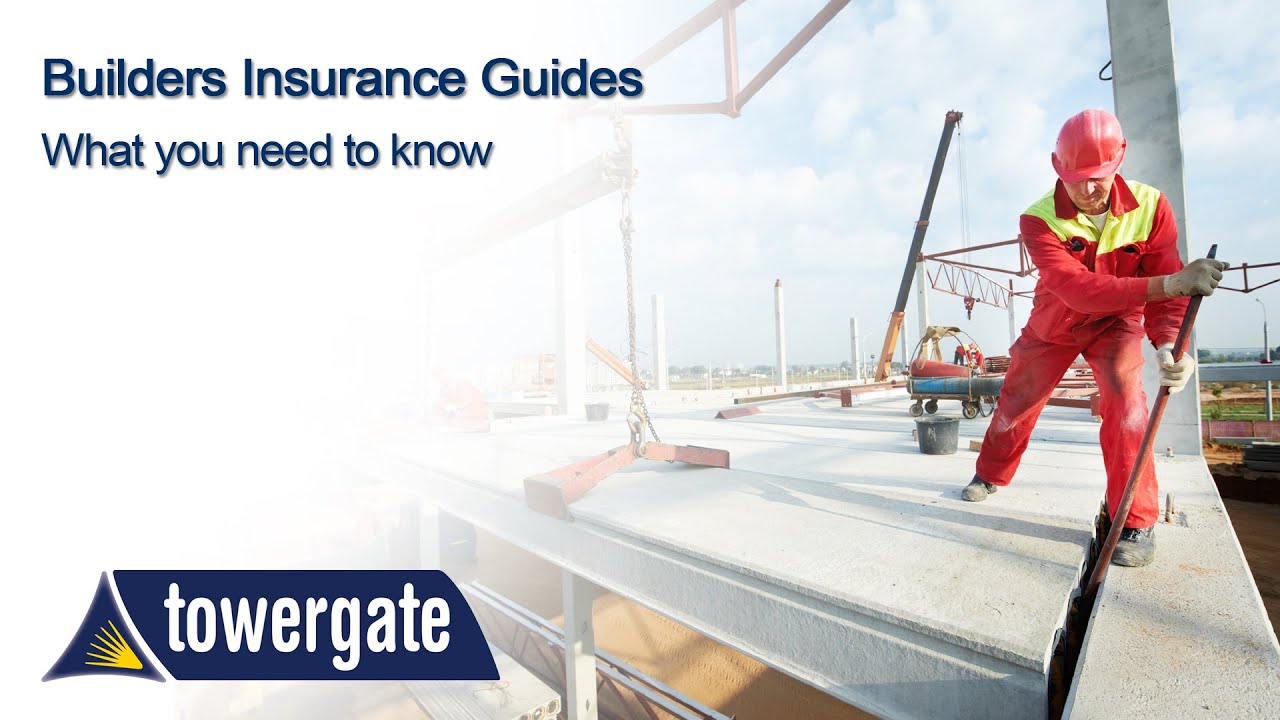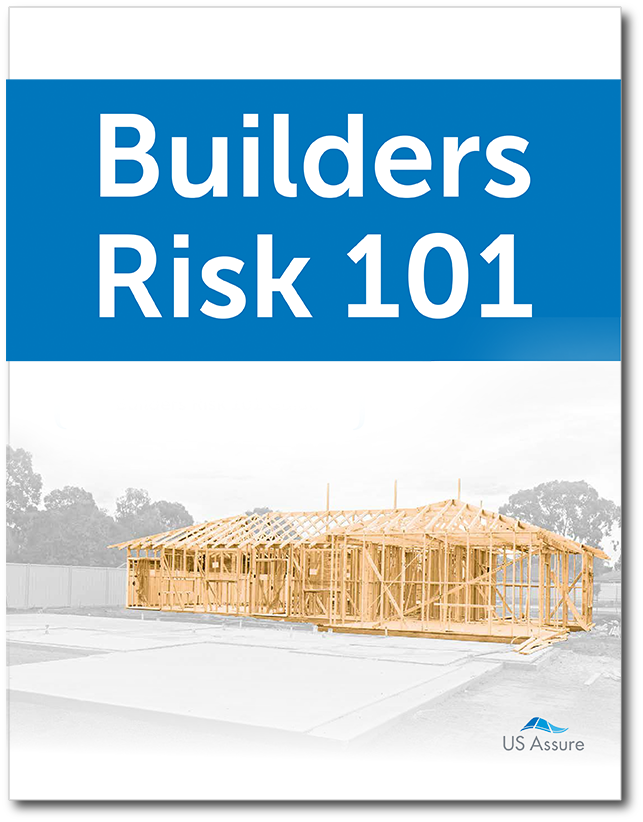The Project has been Completed for 30 Days
Once an occupancy permit or other completion confirmation has been issued, the Builders' Risk Insurance policy becomes invalid. Once the Builders' Risk Insurance policy has expired, other types of insurance are available to protect the property, which are often less expensive.
What is the difference between builders risk and property insurance?
Unlike commercial property insurance, which covers finished buildings and their contents, a builder's risk insurance policy protects buildings and structures while they're under construction. Builder's risk insurance is a temporary policy issued for a specific project that covers the course of construction.
What is a typical builders risk policy most likely to have?
In general, builder's risk insurance covers the property on construction sites when it's damaged or destroyed by fire, wind, vandalism, vehicle collisions or other accidents. Some policies also cover construction materials stored off-site and cleanup costs like debris removal.
What is the builders risk clause?
A builders risk coverage form provides protection against losses on the building, equipment, and supplies, but not to accidents on the job, the land, scaffolding, and theft. The policy does not cover war, nuclear hazards, extreme weather, or government seizure.
What is an example of a builder's risk policy?
For example, a fire sweeps through a construction site, scorching the siding of an unfinished building. To replace the siding, the general contractor makes a claim on their builder's risk policy and is reimbursed for the cost of repairs.
What is a construction insurance policy?
Construction insurance is a category of insurance policies that can provide coverage for contractors, property owners, and projects under construction. Different types of policies are used to protect businesses and owners from specific risks or losses.





Check out the new fact sheets on our website, simplifying insurance for your business!http://t.co/yTZeOIYxOk pic.twitter.com/NNsuKhGWLz
— Master Builders Insurance Brokers (@MB_Insurance) May 25, 2015
What is builders risk insurance Texas?
It provides physical loss protection to the structure, construction materials, fixtures and equipment used during construction that you have an insurable interest. It may be purchased by the property owners or the general contractor.
Frequently Asked Questions
Which type of insurance policy is required by law on a construction project?
Typically, these project contracts will require the contractors to at least carry general liability, workers' compensation, and builders risk insurance. Sometimes, surety bonds and inland marine insurance will also be required, but much less often.
How do I become a builder in San Antonio?
- An FBI national background check will be required for a Home Improvement Contractor license to be issued.
- Government issued photo identification.
- Registration and renewal fee: $150 for two years.
- A certificate of liability insurance with The City of San Antonio listed as the certificate holder.
What trades require a license in Texas?
Plumbers, electricians, and other trades need a state-wide Texas contractor license. If you're a contractor who plans on specializing in or offering the following trades as a secondary service, the state of Texas requires you to apply for a contractors license: HVAC services. Plumbing.
What is the difference between builders risk and general liability?
Contractors general liability insurance protects small business owners against claims of property damage, bodily injury or advertising injury on someone else's property. In comparison, builders risk insurance only covers damages that occur at your business-owned construction site.
What is an example of builders risk insurance claim?
These may include fire damage, theft, vandalism, natural disasters, or other covered perils. Timeliness is crucial: Builders Risk Insurance policies have strict deadlines for filing claims. Be aware of these timelines to ensure your claim is valid.
Which of the following would be covered under a builders risk coverage form?
Builder's Risk insurance covers fire, lightning, hail, wind, theft, and vandalism. A policy can also pay for protective measures an insured undertakes to mitigate further damage following a loss, such as debris removal and pollutant cleanup.
What is another name for builders risk policy?
Builder's risk insurance, also known as course of construction insurance, is a specialized type of property insurance that helps protect buildings under construction. It's essential in helping protect construction projects, but can be complex and often misunderstood.
Which two of the following are typically covered under a builder's risk insurance policy?
While exact coverages and limitations vary between providers, comprehensive builders risk policies may offer coverage for the following (but not limited to): Property damage. Theft. Vandalism.
How long can a developer control an HOA in North Carolina?
In North Carolina, the developer usually retains control over the HOA until all or most of the homes in the development have been sold. The developer can appoint board members until the declarant control period, which isn't governed by North Carolina law, comes to an end.
FAQ
- How long can the developer control the HOA in Georgia?
The developer usually retains control of the association as the board of directors during the construction process. Control does not convert to the homeowners until a specific time, usually at a predetermined moment when the project is at or close to completion.
- How long can a developer control an HOA in South Carolina?
Currently, developers in South Carolina may choose to maintain control over a homeowner association as long as is desired or is necessary for the economic viability of the project.
- What is Philippine Republic Act No 9904?
RA 9904: Magna Carta for Homeowners and Homeowners' Associations. In addition to the powers, authorities and responsibilities vested in it by Republic Act No. 8763, Presidential Decree No. 902-A, Batas Pambansa Blg.
- Do developers make money from HOA?
Typically, the developer will subsidize or deficit-fund the association until there are homeowners paying sufficient assessments to cover the expenses. The association, whether funded by developer subsidy or owner assessments, pays contractors and other expenses. The board collectively decides on all such transactions.
- What is property insurance for a construction project called?
- Builder's risk insurance, also known as course of construction insurance, is a specialized type of property insurance that helps protect buildings under construction. It's essential in helping protect construction projects, but can be complex and often misunderstood.
- Who is responsible for pulling permits in Colorado?
The homeowner
In Colorado, the homeowner is ultimately responsible for their home, and any construction work done on their property. This means that if you hire a contractor who does the work but never pulls permits, you could be held accountable.
- What are the three types of insurance that are most relevant to construction projects?
Typically, these project contracts will require the contractors to at least carry general liability, workers' compensation, and builders risk insurance. Sometimes, surety bonds and inland marine insurance will also be required, but much less often.
- Why is contractors all risk insurance required?
To mitigate material risks around construction work, the need to insure the entire project before construction remains a necessity considering occurrences of environmental and artificial hazards that could lead to substantial losses.
How to check builders insurance
| Which builders risk coverage for would not be used to cover the construction? | A builders risk coverage form provides protection against losses on the building, equipment, and supplies, but not to accidents on the job, the land, scaffolding, and theft. The policy does not cover war, nuclear hazards, extreme weather, or government seizure. |
| How is builders risk insurance calculated? | The premium for Builder's Risk insurance is calculated based on several factors, including the cost of the project; policy limits, construction type; geographic location, policy term, and deductibles. |
| What is covered under all risk insurance? | "All risks" refers to a type of insurance coverage that automatically covers any risk that the contract does not explicitly omit. For example, if an "all risk" homeowner's policy does not expressly exclude flood coverage, then the house will be covered in the event of flood damage. |
| Will homeowners insurance cover a deck? | If your deck is attached to your house, it may be covered under the “dwellings” portion as long as it is attached permanently. If it is a standalone structure, such as a deck around a pool, then it will probably be covered under the “other structures” portion. |
| Does house insurance cover DIY? | Generally, a standard home insurance policy won't cover you against DIY disasters. |
| What is builders renovation insurance | Builders risk is designed to protect property owners, real estate developers and general contractors who have an insurable interest in a construction project. |
| What is a builders risk vs homeowners insurance | Aug 21, 2020 — Homeowners insurance, like Builder's Risk, is a form of property insurance that protects you from financial losses in the event of damage to the |
| What is delay in startup builders risk? | Delay of start-up builders risk insurance is like the contractor's version of business interruption coverage that pays benefits when a claimable loss affects an owner's ability to generate earnings from a property. For this important coverage to be properly triggered, a number of critical details must be documented. |
- What are the consequences of construction project delay?
Project work cannot be completed according to the original contract schedule. six effects of delay in construction project: Time overrun, Cost overrun, Dispute, Arbitration, Litigation and Total Abandonment. by its important products such as buildings, dams, roads, railways, bridges, etc.
- What are the risks of construction delay?
However, delays can happen for various reasons such weather, equipment failures, labor shortages, missing or incorrect data, project mistakes and conflicts. There are some reasons, like weather that are beyond your control, but most construction project delays can be avoided.
- What is the indemnity period for delay in startup?
Indemnity Periods
The maximum indemnity period is the maximum amount of time the insurance company is liable to pay the delay in startup coverage which is usually indicated in months (and the most common amount is a 12 month indemnity period).
- How do you verify a company is insured?
- Ask for a certificate of insurance. You can call the insurance company once you've seen the certificate to verify that the insurance is current and to learn about policy limits. For a bond, ask for the bond number and certification then verify with the surety company that the bond is appropriate for your needs.
- How do I find out if a contractor is insured in Florida?
Verify the contractor is licensed and insured.
Verify that the contractor has a license from the Florida Department of Business & Professional Regulation for the type of work you wish to have performed at www.myfloridalicense.com.
- Can you verify a company?
You can do this by searching the Secretary of State website in the state where the business is operating. If you don't have the time or don't want to do the research yourself, you can use websites like OpenCorporates or our services to check the business's registration status.
- How and why do you verify insurance coverage?
Insurance verification confirms your patient's coverage and benefits, whereas insurance authorization gives you a green light to provide certain services. The insurance verification process involves collecting patient insurance information and verifying it with the insurer.
- Are contractors required to have insurance in Florida?
- General contractor applicants in the state of Florida are required to show they have general liability insurance and workers' compensation insurance if they have employees. All other contractors: $100,000 public liability, $25,000 property damage.

